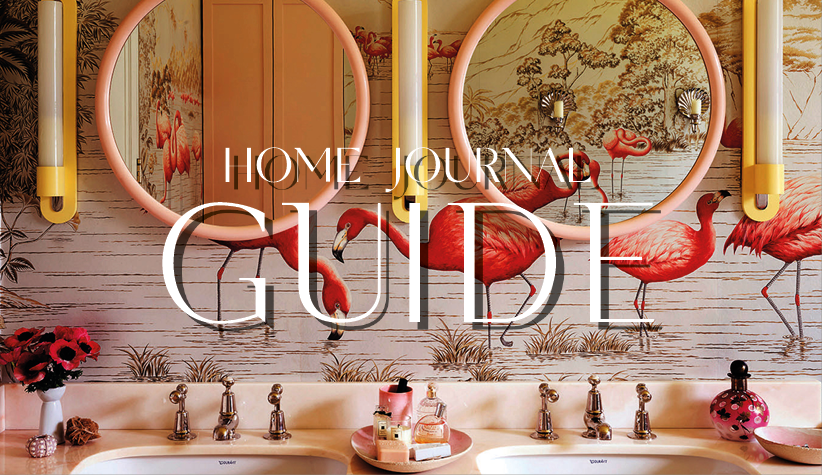At first glance, the title of this year’s Venice Biennale of Architecture – Reporting from the Front – seems more appropriate for a wartime documentary than the theme of one of the biggest architecture and design exhibitions in the world. A closer look, however, reveals that it’s a more than apt moniker for one of the most political editions the event has seen in a long time. This year’s curator, Chilean architect Alejandro Aravena, along with Paolo Barrata, the president of the Venice Biennale (the umbrella body that oversees the architecture section), are challenging architects to question how their work improves the environment and people’s quality of life – and to identify what battles need to be won in order to achieve those goals.
Fifty first-time participants will be rubbing shoulders with luminaries such as Norman Foster, Rem Koolhaas, Tadao Ando and Kengo Kuma, while five new countries – the Philippines, Kazakhstan, Nigeria, the Seychelles and Yemen – will be among the 63 countries participating.
Explore what Asia brings to the table this year by checking out these three pavilions:
Stratagems in Architecture – Hong Kong
Stanley Siu leads a team of six curators, who have brought together 17 young artists and architects who have each picked one of the 36 Stratagems, a classic Chinese essay written through the 4th to 7th century BCE (by Sun Tzu and others) that covers strategies dealing with politics and war. Rather than using them to plan a battle, however, the architects demonstrate how they plan to solve problems, from making the most of scarce space and resources to prioritising the needs of society over the spending power of the wealthy few.
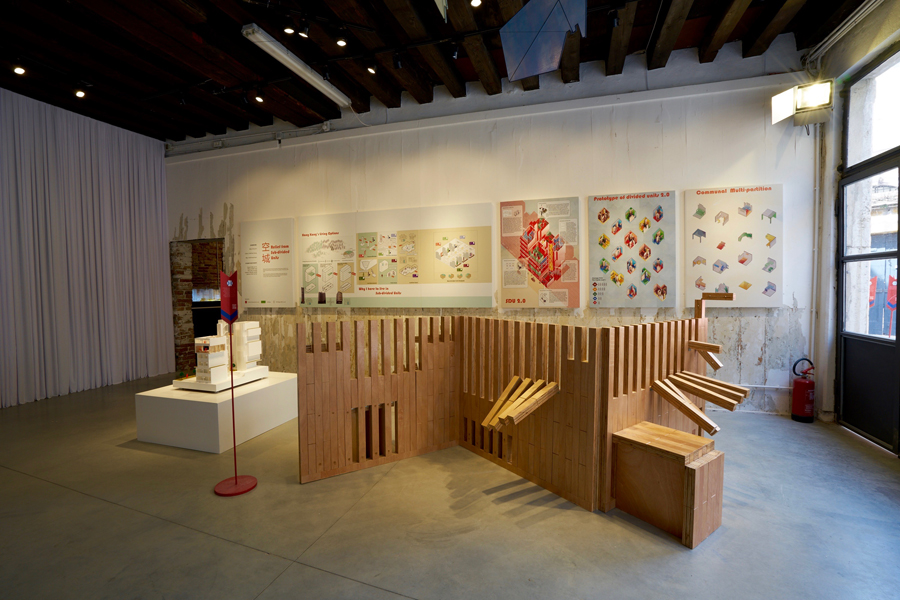
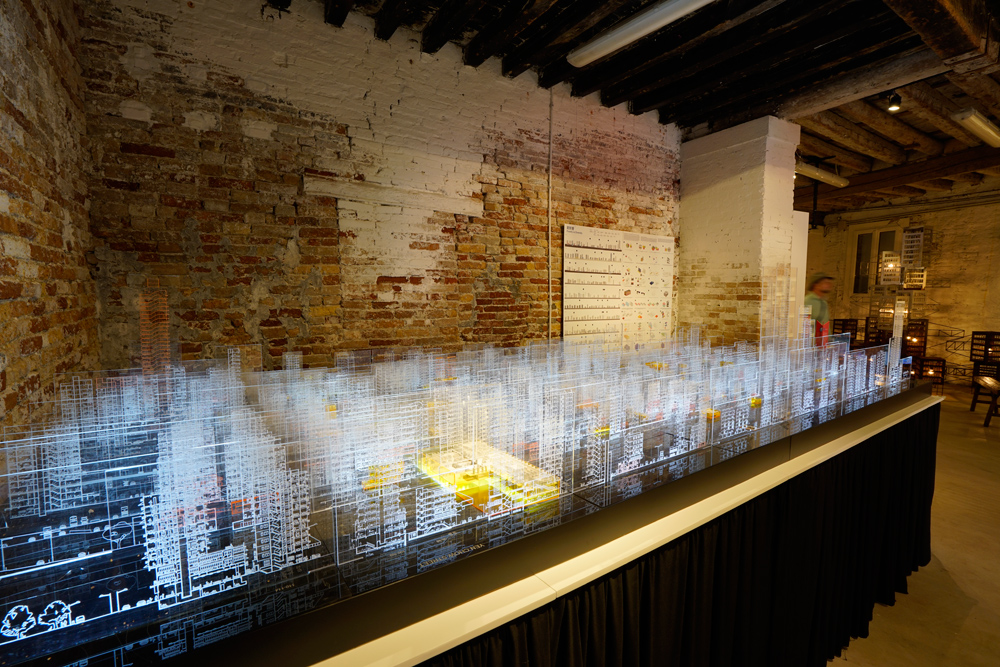
Daily Design, Daily Tao – China
Organised by the China International Exhibition Agency, this pavilion focuses on how China as a nation has been developing and modernising in leaps and bounds, yet has been neglecting tradition and daily living. In response, the pavilion’s participants – including slow architects Approach Architecture Studio from Beijing, fashion designer Ma Ke, and curator and critic Zuo Jing, among others – look back to the Chinese concept of tao, a philosophy that emphasises the harmony of nature.
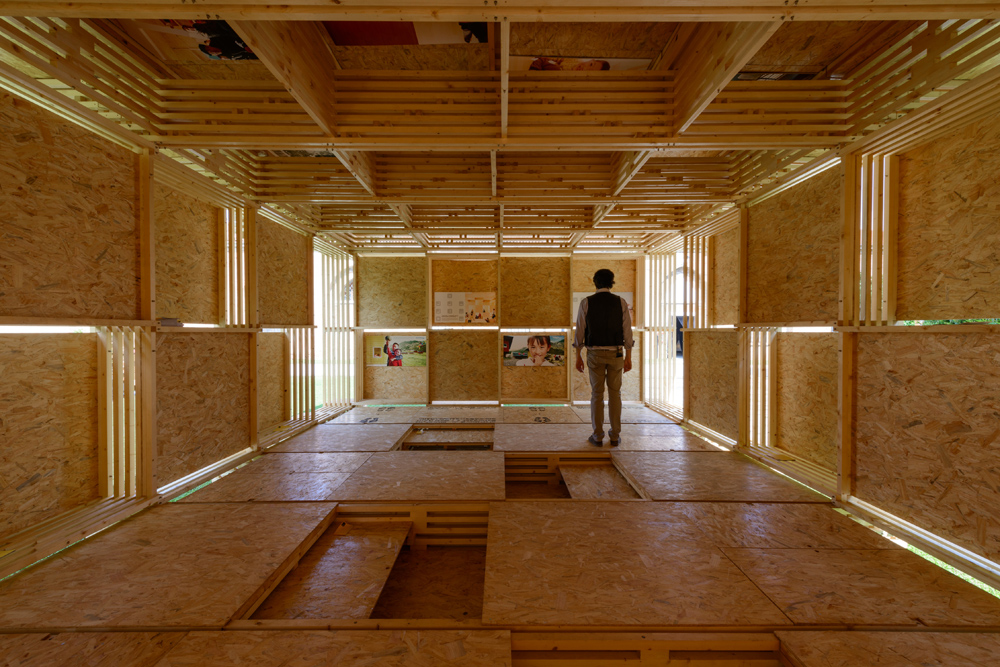
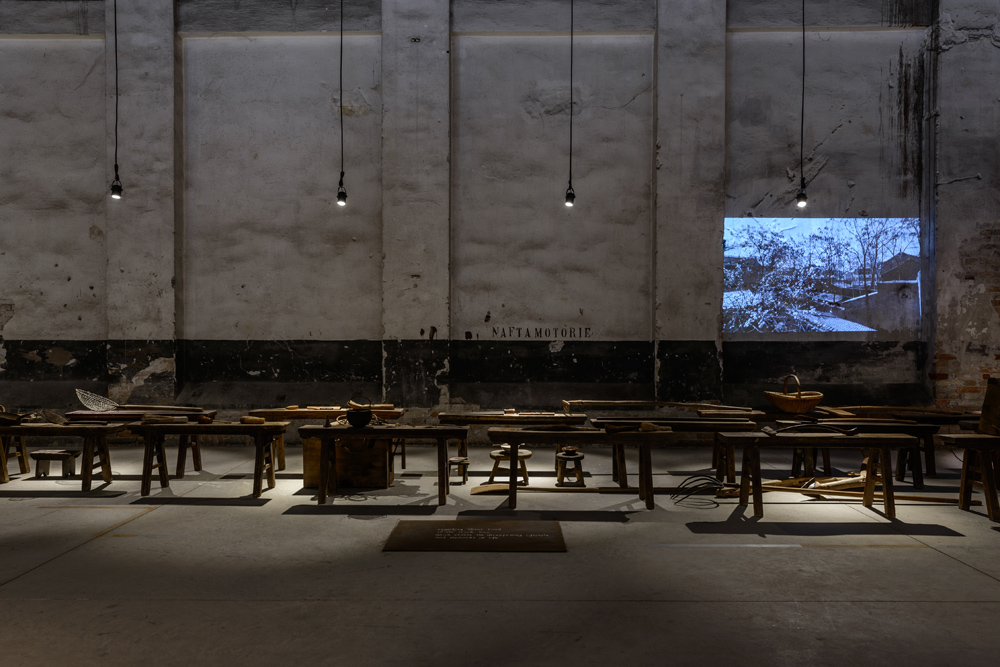
Space to Imagine, Room for Everyone – Singapore
For its fifth appearance at the exhibition, Singapore turns viewers’ lenses onto battles that are perhaps smaller, but no less important – the battles for good homes and infrastructure, which help build community and invigorate the city-state. Commissioned by the DesignSingapore Council of the Ministry of Communications and Information, and curated by the Department of Architecture at the National University of Singapore, the pavilion showcases how the city has dealt with dense living conditions, rapid urbanisation and sustainable practices.
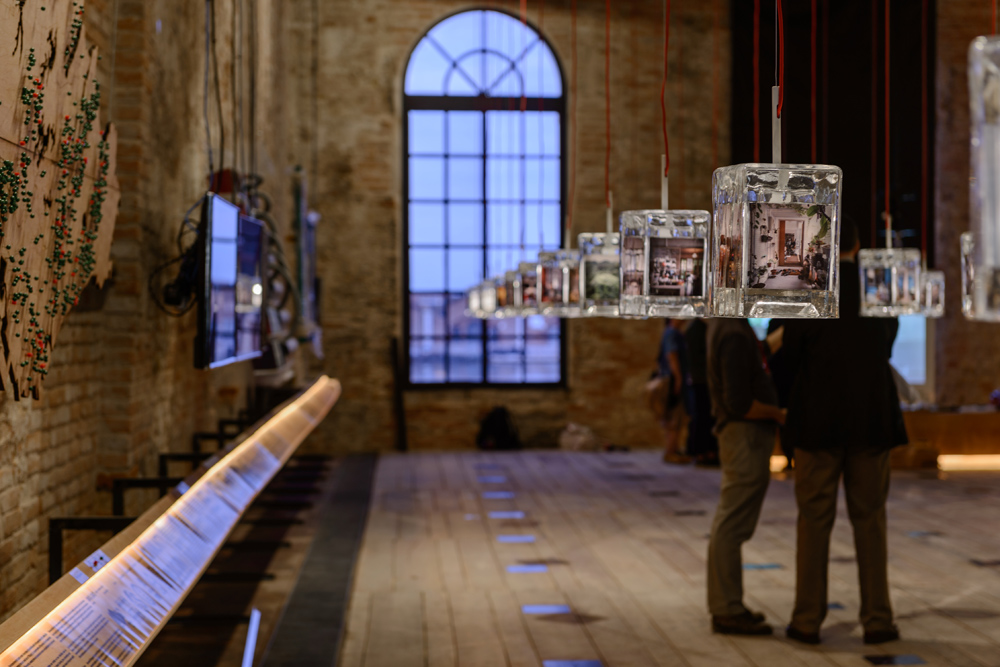
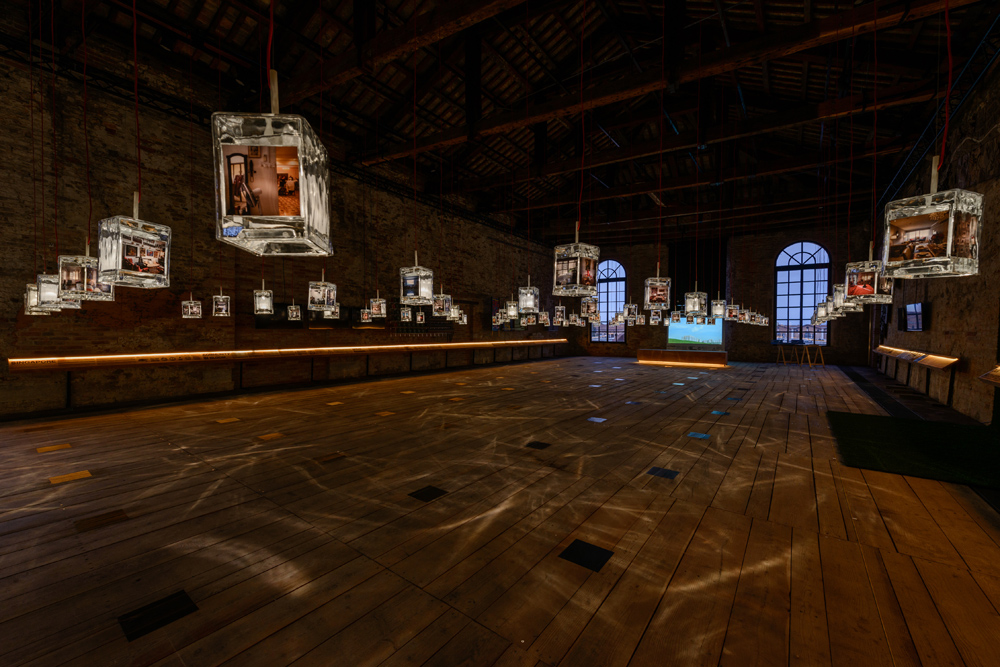
The Venice Biennale of Architecture runs through November 27; the above pavilions are respectively located at Arsenale, Castello; Arsenale – Magazzino delle Cisterne; and Sale d’Armi, Arsenale.
The post Three Asian pavilions to see at the Venice Biennale of Architecture appeared first on Home Journal.






